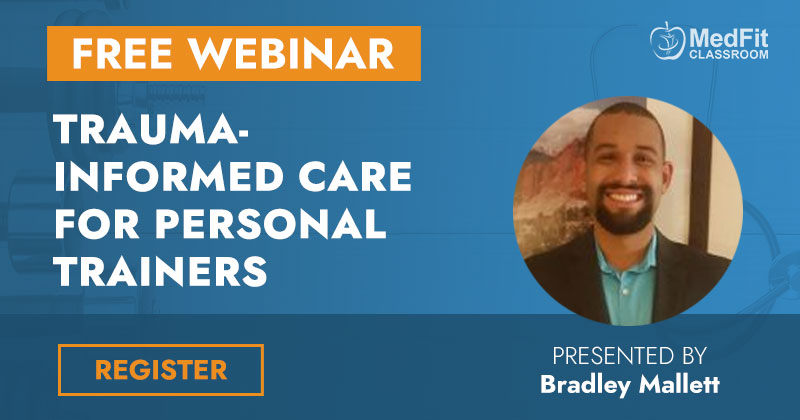You may ask yourself, what is trauma informed care? Is this about having trauma ourselves so we can relate? Is this about understanding what trauma is? In actuality, trauma informed care is the idea of being mindful that others have past trauma that can influence how they feel, see, and interact with the world around us, and us as providers being mindful of that within our actions. To further explain, it goes back to being mindful of how the things we say and our own actions can inadvertently impact others, and how we can become self aware of that to help our clients feel safe and at ease to the best of our abilities.

We entered into a helping professional field to help individuals become stronger, better, happier and healthier, and yet sometimes, our clients & patients still struggle even with our best efforts. There might be times where we feel like we’re banging our head against the wall, even though we are doing everything we can to help! In my upcoming webinar, we will be looking at what some of those barriers are. We’ll discuss how something as simple and direct as changing how we say things, and having a sense of mindfulness to an individuals background and history, can not only change the dynamic of the relationship, but improve growth in treatment.
One important thing to remember is the intention of this is not to focus on what we might be doing wrong, but rather to expand in areas that we can grow in. We all are helpers because we want to see individuals grow and heal, and when we become trauma-informed, it can allow us to be aware of potential barriers, while at the same time, understanding how to overcome those barriers.
Join me for for my upcoming webinar on this topic of trauma informed care for personal trainers and medical personnel. I’ll discuss what trauma informed care means, how it can impact clients, and how the lack of trauma informed care can impact client care.
Bradley Lawrence Mallett, MA, is a Licensed Professional Counselor, EMDRIA Approved Consultant and Certified EMDRIA Therapist. After completing his Master’s in Counseling, he became a counselor and pursued work within mindfulness, DBT, and trauma-focused care as a way to deal with anxiety management and trauma processing. Bradley strives to help individuals and communities learn about themselves, what their own barriers are, and their strengths as a way to help bring about the change that is needed and desired.

